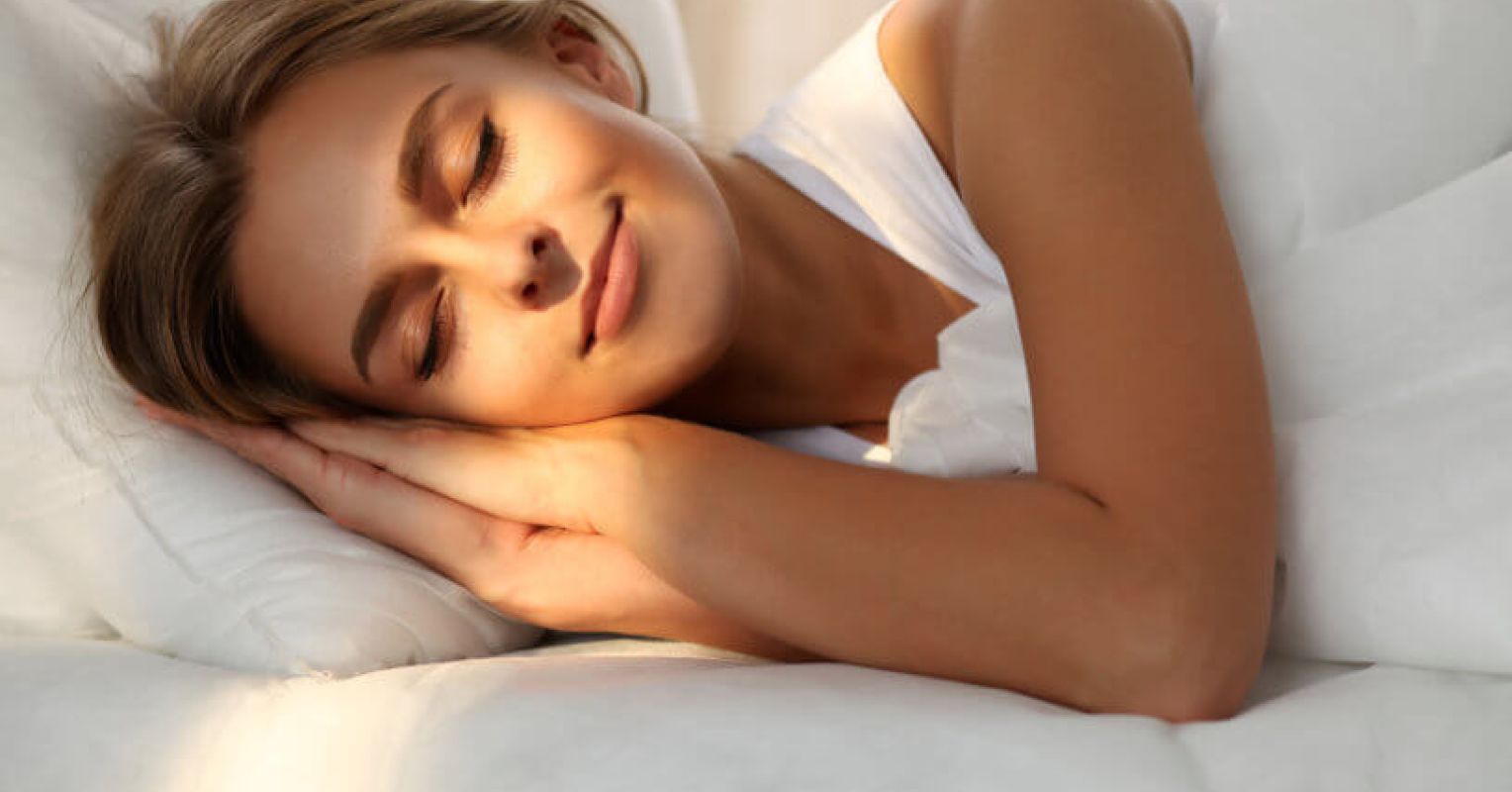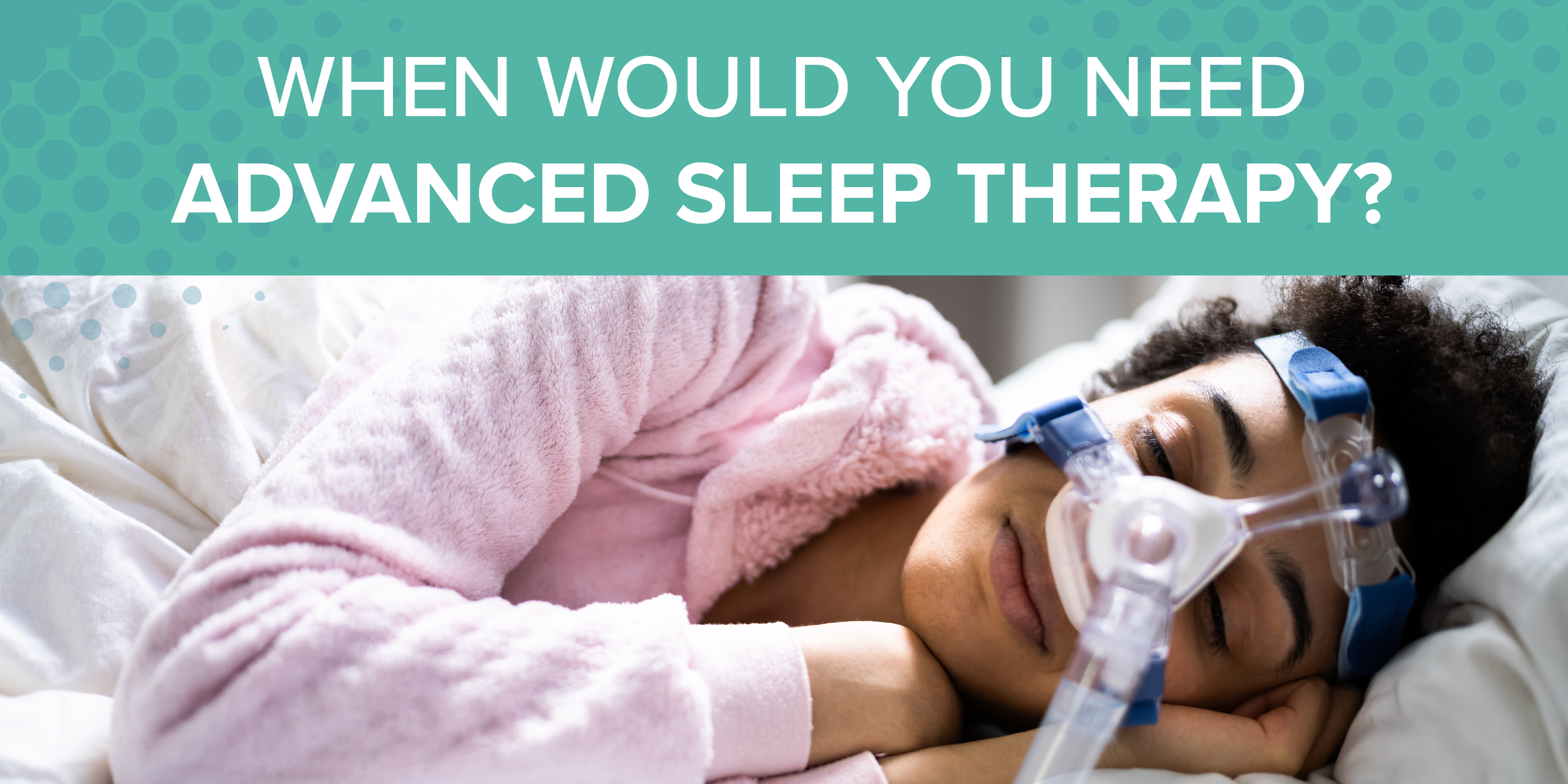Advanced Sleep Therapy - Achieve Deep, Restful Sleep
Advanced Sleep Therapy - Achieve Deep, Restful Sleep
Blog Article
Effective Therapy Solutions for Managing Rest Disorders and Enhancing Relaxing Sleep
In the realm of health care, the administration of sleep problems and the mission for relaxing sleep are critical elements of total well-being. Effective therapy services supply a diverse method to tackle these obstacles, varying from cognitive behavior interventions to holistic practices that advertise relaxation and mindfulness. The expedition of various strategies, consisting of the integration of drug and light therapy, opens up a realm of opportunities in the pursuit of better rest quality. As we navigate the detailed landscape of sleep disorders and look for to enhance our sleep experience, a deeper understanding of these therapy services might hold the key to opening a more relaxing and satisfying corrective journey.
Cognitive Behavior Modification for Insomnia (CBT-I)
Cognitive Behavior Treatment for Sleeplessness (CBT-I) is an organized, evidence-based therapy approach that focuses on addressing the underlying aspects adding to sleep disturbances. This kind of treatment aims to customize habits and ideas that intensify insomnia, eventually advertising healthy and balanced sleep patterns. CBT-I usually entails several essential elements, including cognitive therapy, rest limitation, stimulation control, and sleep hygiene education and learning.
Cognitive treatment aids individuals identify and change unfavorable thought patterns and beliefs regarding sleep that may be hindering their ability to fall or remain asleep. Rest constraint involves limiting the quantity of time spent in bed to match the individual's real rest duration, thereby enhancing sleep performance (natural insomnia remedies). Stimulation control strategies assist develop a solid association between the bed and rest by motivating individuals to go to bed only when drowsy and to prevent participating in promoting tasks in bed
In addition, sleep hygiene education and learning concentrates on creating healthy rest habits, such as preserving a constant sleep timetable, producing a relaxing going to bed regimen, and enhancing the sleep environment. By dealing with these variables comprehensively, CBT-I offers an effective non-pharmacological treatment for handling sleeping disorders and enhancing general rest quality.
Sleep Hygiene Practices
Having actually developed the foundation of cognitive restructuring and behavior modifications in dealing with sleeplessness through Cognitive Behavioral Treatment for Insomnia (CBT-I), the emphasis now changes towards discovering crucial Sleep Health Practices for keeping optimum sleep top quality and overall well-being.
Rest hygiene methods incorporate a variety of practices and environmental variables that can considerably impact one's capability to drop off to sleep and stay asleep throughout the evening. Consistent sleep and wake times, producing a relaxing going to bed routine, and enhancing the rest environment by keeping it dark, peaceful, and cool are important parts of great rest hygiene. Limiting direct exposure to screens before bedtime, staying clear of stimulants like caffeine near to going to bed, and taking part in regular exercise throughout the day can additionally advertise better rest high quality.
Moreover, exercising relaxation strategies such as deep breathing workouts or meditation prior to bed can assist relax the mind and prepare the body for sleep. By incorporating these rest hygiene practices right into one's everyday regimen, people can establish a healthy sleep pattern that supports peaceful sleep and total wellness.
Leisure Strategies and Mindfulness
Implementing relaxation strategies and mindfulness methods can play a pivotal role in fostering a sense of tranquility and advertising top quality rest. cognitive behavioral therapy for insomnia (CBT-I). These strategies intend to silent the mind, lower tension, and produce an optimum atmosphere for relaxing sleep. One extensively practiced approach is deep breathing workouts, where people concentrate on slow-moving, deep breaths to unwind the mind and body. Dynamic muscular tissue leisure involves tensing and afterwards launching each muscle team, advertising physical leisure. Furthermore, assisted images can assist transfer people to a tranquil location in their minds, assisting in stress decrease and boosting sleep quality.
Mindfulness techniques, such as reflection and yoga exercise, are additionally effective in advertising leisure and improving sleep. Mindfulness motivates people to stay existing in the minute, allowing go of stress over the past or future. By including these techniques into a bedtime routine, individuals can signal to their bodies that it is time to take a break and prepare for rest. Overall, integrating relaxation methods and mindfulness practices can dramatically add to taking care of rest problems and enhancing general sleep high quality.

Medication Options for Sleep Disorders
After discovering leisure techniques and mindfulness methods as non-pharmacological interventions for boosting sleep top quality, it is vital to site web consider medication choices for people with rest disorders. In cases where way of life modifications and therapy do not offer adequate alleviation, medicine can be a valuable tool in taking care of rest disruptions.
Frequently suggested drugs for rest conditions include benzodiazepines, non-benzodiazepine hypnotics, antidepressants, and melatonin receptor agonists. Benzodiazepines, such as diazepam, are sedatives that can assist cause sleep, however they are usually advised for temporary usage due to the danger of dependence. Non-benzodiazepine hypnotics like zolpidem are also used to treat sleep problems and have a reduced danger of reliance contrasted to benzodiazepines. Antidepressants, such as trazodone, can be advantageous for individuals with co-occurring anxiety and sleep disturbances. Melatonin receptor agonists, like ramelteon, target the body's natural sleep-wake cycle and can be valuable for controling sleep patterns.
It is vital for individuals to speak with a doctor to figure out the most appropriate medication alternative based upon their specific rest condition and case history.
Light Therapy for Circadian Rhythm Law
Light treatment, additionally referred to as photo-therapy, is a non-invasive therapy technique used to control circadian rhythms and improve sleep-wake cycles. This therapy entails exposure to bright light that resembles natural sunshine, which aids to reset the body's biological rhythm. By subjecting people to specific wavelengths of light, generally in the morning or night depending upon the wanted impact, light therapy can properly change the body clock to promote wakefulness during the day and boost relaxed sleep in the evening.
Research has revealed that light therapy can be specifically useful for individuals with body clock disorders, such as postponed rest phase syndrome or jet lag. It can likewise be practical for those experiencing seasonal affective disorder (SAD), a sort of clinical depression that typically happens throughout the winter season when natural have a peek at these guys light direct exposure is lowered. Light therapy is typically well-tolerated and can be made use of along with other treatment techniques for sleep problems to enhance results and boost overall rest top quality.
Verdict
In verdict, effective treatment services for managing rest conditions and boosting restful rest include Cognitive Behavioral Treatment for Sleeplessness (CBT-I), rest hygiene methods, leisure strategies and mindfulness, drug alternatives, and light therapy for body clock law. These strategies can help people enhance their rest high quality and general well-being. It is necessary to speak with a medical care company to figure out the most suitable method for attending to sleep issues.
As we navigate the intricate landscape of rest conditions and look for to improve our sleep experience, a much deeper understanding of these treatment solutions may hold the trick to opening a more rejuvenating and fulfilling corrective journey.
Rest limitation involves restricting the amount of time spent in bed to match the person's actual sleep period, therefore raising rest effectiveness. Constant sleep and wake times, creating a relaxing going to bed routine, and optimizing the sleep setting by keeping it dark, peaceful, and cool are essential components of excellent rest hygiene. Light therapy is normally well-tolerated and can be utilized in combination with other therapy visit approaches for sleep conditions to optimize end results and enhance overall rest quality.

Report this page